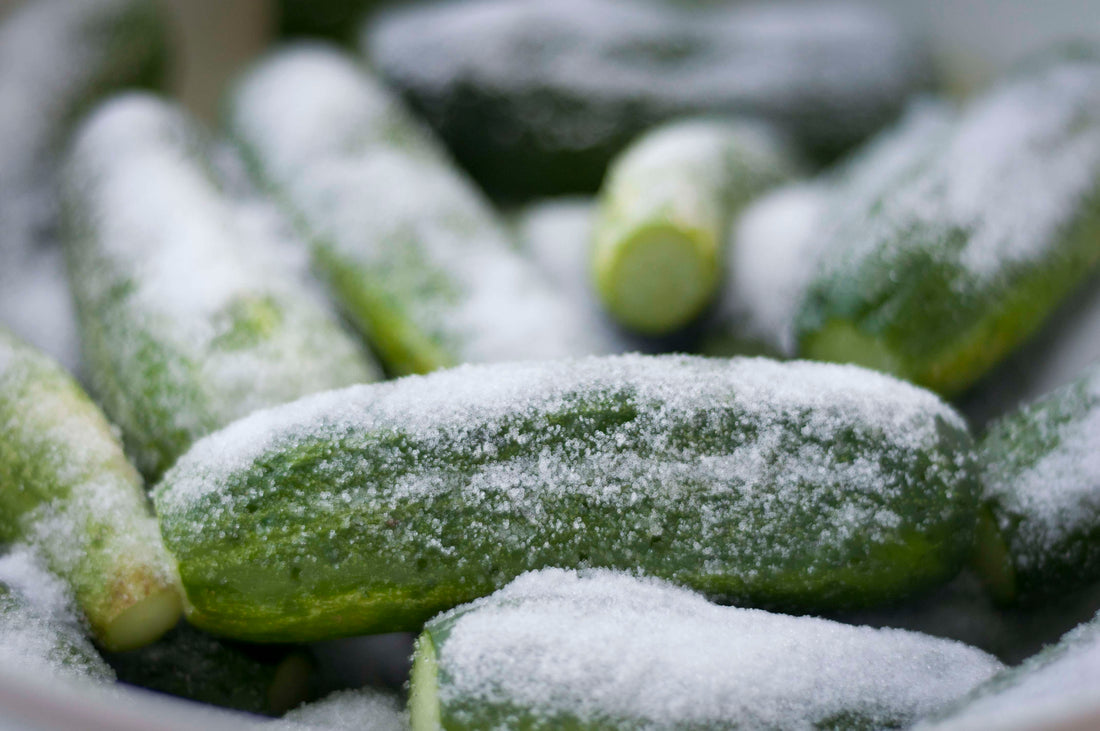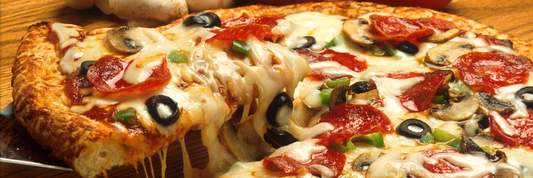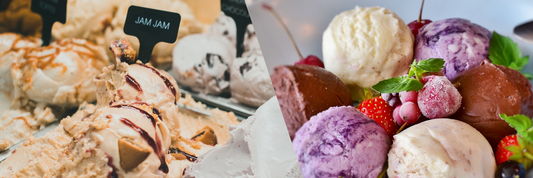Pickling salt is an essential ingredient in food preservation, particularly for pickling and canning. Unlike regular table salt, it is free from additives, ensuring a clear brine and successful fermentation. This article will explore what pickling salt is, why it is important, how it compares to other salts, potential substitutes, storage methods, and additional culinary uses.
What Is Pickling Salt?
Pickling salt, also known as canning salt, is a fine-grained, pure sodium chloride (NaCl) salt without additives. It is specifically designed for pickling and canning to prevent cloudiness in brine and ensure a clean, high-quality preservation process.
Key Characteristics of Pickling Salt
- Pure Sodium Chloride (NaCl) – Contains no iodine or anti-caking agents.
- Fine-Grained Texture – Dissolves quickly in water, ensuring even distribution.
- No Additives – Prevents unwanted chemical reactions during the pickling process.
- Clear Brine Formation – No cloudiness, ensuring visually appealing pickled products.

Why Is Pickling Salt Important for Pickling & Canning?
The primary role of pickling salt in food preservation is to create an environment that inhibits harmful bacteria while enhancing flavors. It is particularly crucial for the following reasons:
- Prevents Brine Cloudiness – Additives in table salt can cause murky brine, affecting the visual appeal of pickled foods.
- Ensures Proper Preservation – The absence of anti-caking agents ensures an even concentration of salt in the brine, preventing spoilage.
- Maintains Consistency in Pickling & Canning Recipes – Fine texture allows precise measurement and even distribution.
- Supports Fermentation – Some fermentation processes require pure salt to encourage beneficial bacteria growth.
Pickling Salt vs Other Types of Salt

Pickling Salt vs Table Salt
- Table salt contains iodine and anti-caking agents, which can alter the taste and clarity of brine.
- Pickling salt, being pure, dissolves cleanly and is the preferred choice for pickling.
Pickling Salt vs Kosher Salt
- Kosher salt has larger grains, making it less precise for recipes requiring measured amounts of salt.
- Some brands of kosher salt do not contain additives, making them a possible substitute, but adjustments in measurement are necessary.
Pickling Salt vs Sea Salt
- Sea salt contains trace minerals, which can affect the flavor and clarity of pickled foods.
- It is not recommended as a substitute due to variations in grain size and composition.
Pickling Salt vs Coarse Salt
- Coarse salt has larger crystals, requiring more time to dissolve.
- If used, it must be weighed rather than measured by volume to ensure the correct concentration.
What Are the Best Substitutes for Pickling Salt?
If pickling salt is unavailable, substitutes can be used with caution:
- Kosher Salt (Diamond Crystal preferred) – Contains no additives, but volume adjustments are needed.
- Sea Salt (Limited Use) – Should only be used if it is finely ground and free from minerals that could cloud brine.
- Measuring by Weight – When substituting, always weigh the salt rather than measuring by volume to ensure accuracy.
How to Store Pickling Salt Properly
To maintain the quality of pickling salt, proper storage is essential:
- Use an Airtight Container – Prevents moisture absorption, which can lead to clumping.
- Store in a Cool, Dry Place – Avoid humid areas such as the kitchen counter near the stove.
- Do Not Store in the Refrigerator – Exposure to condensation can cause salt to harden.
What is the best jar to store spices in?

Alternative Uses for Pickling Salt
Besides pickling, pickling salt has several other culinary applications:
Cooking & Brining
- Ideal for brining turkey, chicken, and pork, ensuring juicy and flavorful meats.
- Enhances flavor in soups, stews, and sauces.
Seasoning
- Works well as a seasoning for popcorn, tortilla chips, and roasted nuts due to its fine texture.
- Can be used in spice blends where fine salt distribution is needed.
Final Thoughts
Pickling salt is an indispensable ingredient for food preservation, ensuring clear brines and successful pickling. Understanding its properties, proper substitutes, and correct storage methods will help home cooks and food preservation enthusiasts achieve the best results. Whether you are pickling cucumbers, fermenting vegetables, or using it in everyday cooking, pickling salt is a valuable addition to any kitchen.







